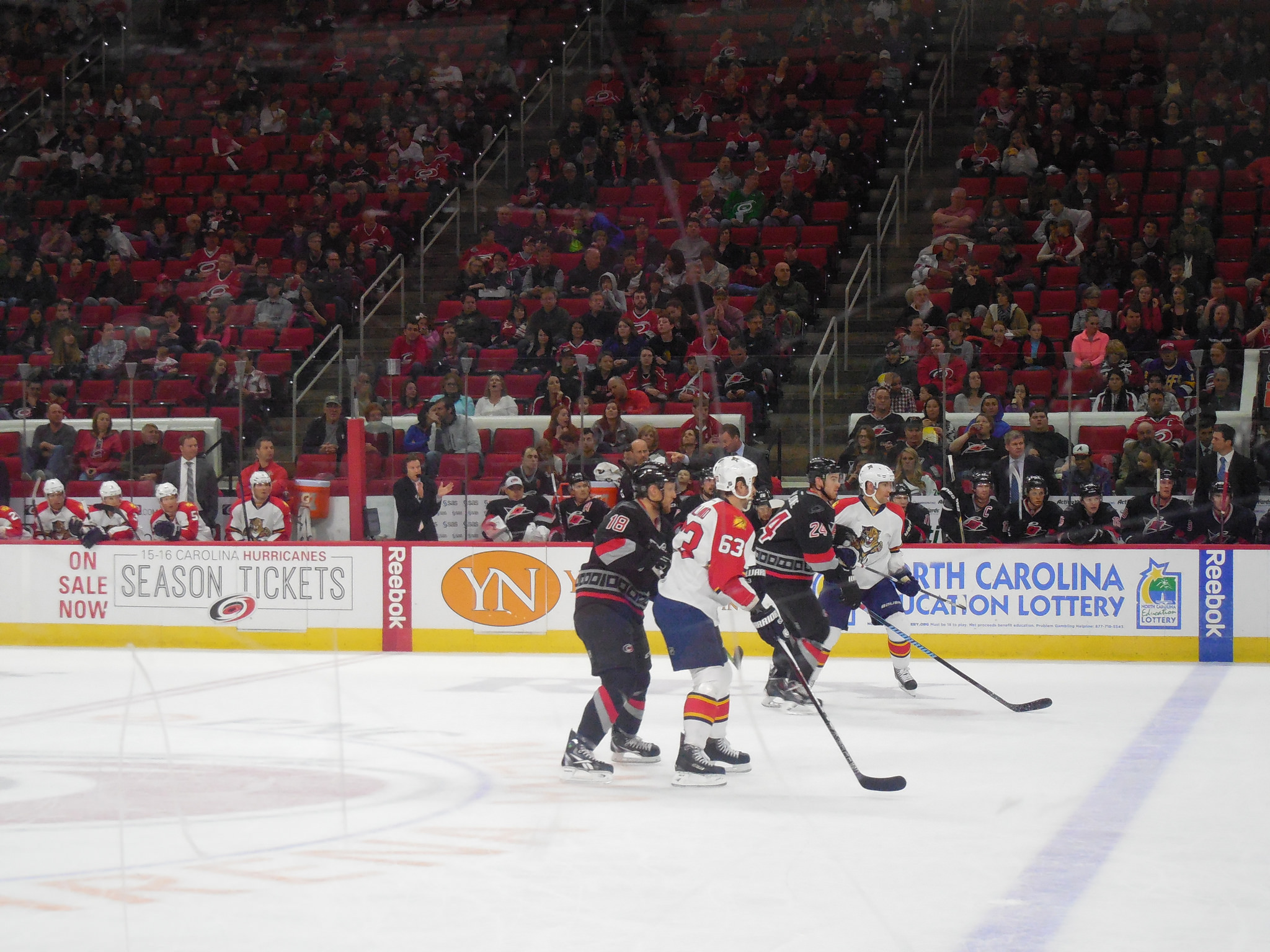Climate Change
Composting Pays
Many people compost their food scraps and yard waste because they think it is the right thing to do. In some places, like San Francisco and Seattle, there is curbside pickup available to have these organic materials composted.
Ecology And Designing Future Cities
When most people hear the word ‘ecology’ – chances are it conjures up images of scientists working in distant, wild landscapes, such as old growth forests or remote mountain lakes. Increasingly, however, ecological studies are focused on urban and suburban areas.
Toward Safer Produce
Government and private organizations have long been encouraging us to eat healthier diets. We have seen food pyramid charts for decades and the “5 a day” campaign has boosted our consumption of fresh fruits and vegetables.
The Power Of Exercise
Many people often complain about not having enough time to exercise. But what if exercising for one hour could power your home for twenty-four hours? Would that be enough motivation?
Storing Heat From The Sun
We are all familiar with the solar panels that cover an ever-growing number of rooftops as well as large arrays in so-called solar farms. These photovoltaic systems turn sunlight directly into electricity. But they are not the only way to make electricity using the sun.
Cutting Down Costs Instead of Trees
Epson, one of the world’s most recognizable printer companies, recently announced a green innovation that could fundamentally change the office.
Climate Change And The Global Food System
One of the most troubling aspects of global climate change is its potential impact on the production, distribution and quality of food. A report issued at the 2015 Paris Climate Conference focused on identifying climate change impacts on global food security. Food security is the ability of people to obtain and use sufficient amounts of safe and nutritious food. Even without the impact of climate change, food security is a challenge because of increasing population, poverty, and changing eating habits.
[Read more…] about Climate Change And The Global Food System
Declining Sugar Maples
The sugar maple, one of the most economically and ecologically important trees in the eastern United States and Canada, is showing signs of being in decline, according to scientists at SUNY’s College of Environmental Science and Forestry and Harvard Forest.
Scraping The Bottom
One doesn’t have to travel far in Downeast Maine to see what over-fishing can do to coastal villages and the people who work there. First the cod disappeared, then the herring, and finally the sardines.
Human Carbon
There is a powerful correlation between the rise of the human population and the rise of atmospheric CO2 during the past few decades. Could the carbon dioxide we emit when we breathe be a factor in global warming? According to biogeochemist Bill Schlesinger, the answer is a resounding no. Here’s why.
Born On Frozen Lakes
The National Hockey League seems like an unlikely environmental ally. But a sport born on frozen lakes stands to lose a lot in a warming world. NHL Commissioner Gary Bettman is committed to keeping “the air clean and the ponds frozen for future generations.”
Solar Power As A Crop
The historic, relentless drought in California has caused a number of the state’s farmers to start planting photovoltaic panels instead of crops. Because of the drought, Federal water deliveries to farmers in the Central Valley and elsewhere have been dwindling. As a result of the water shortage, more than 500,000 acres will lie fallow this year.
Biodiversity And Our Diet
We often talk about the importance of biodiversity in maintaining the health of ecosystems. One ecosystem we don’t often think about in those terms is the human diet.
Storing Energy As Ice
One of the challenges of operating the electricity grid is that there are times when everybody wants more electricity than usual – like during a hot afternoon in August – and the system struggles to keep up with the increased demand.
Carbon Capture Update
The global community is increasingly making commitments to reduce the amount of carbon emissions in the atmosphere. More and more carbon-free renewable energy sources are being used all the time. But despite the tremendous growth in solar and wind power, fossil fuels still provide about 80% of the world’s energy. Coal still provides about 40% of worldwide electricity. Realistically, these numbers can only go down at a relatively gradual pace.
Beavers: Nature’s Nitrogen Busters
Beavers are one of nature’s most industrious engineers. Using branches and mud, the intrepid animals create dams that slow moving water. In New York’s Hudson Valley, their constructions are a common sight on streams and in wetlands.
Climate Opinions
An international poll of over 45,000 people in 40 countries looked at opinions about climate change and the need to curb greenhouse gas emissions. The results are quite interesting.



















